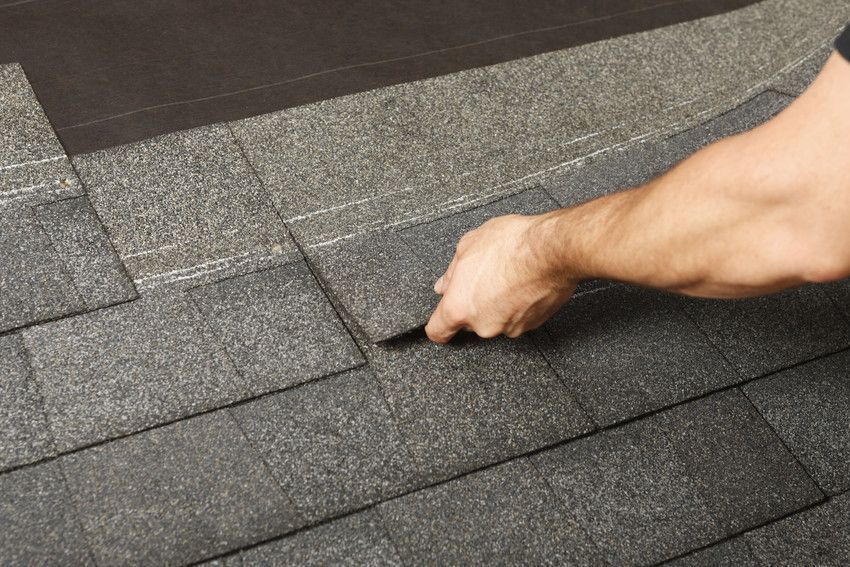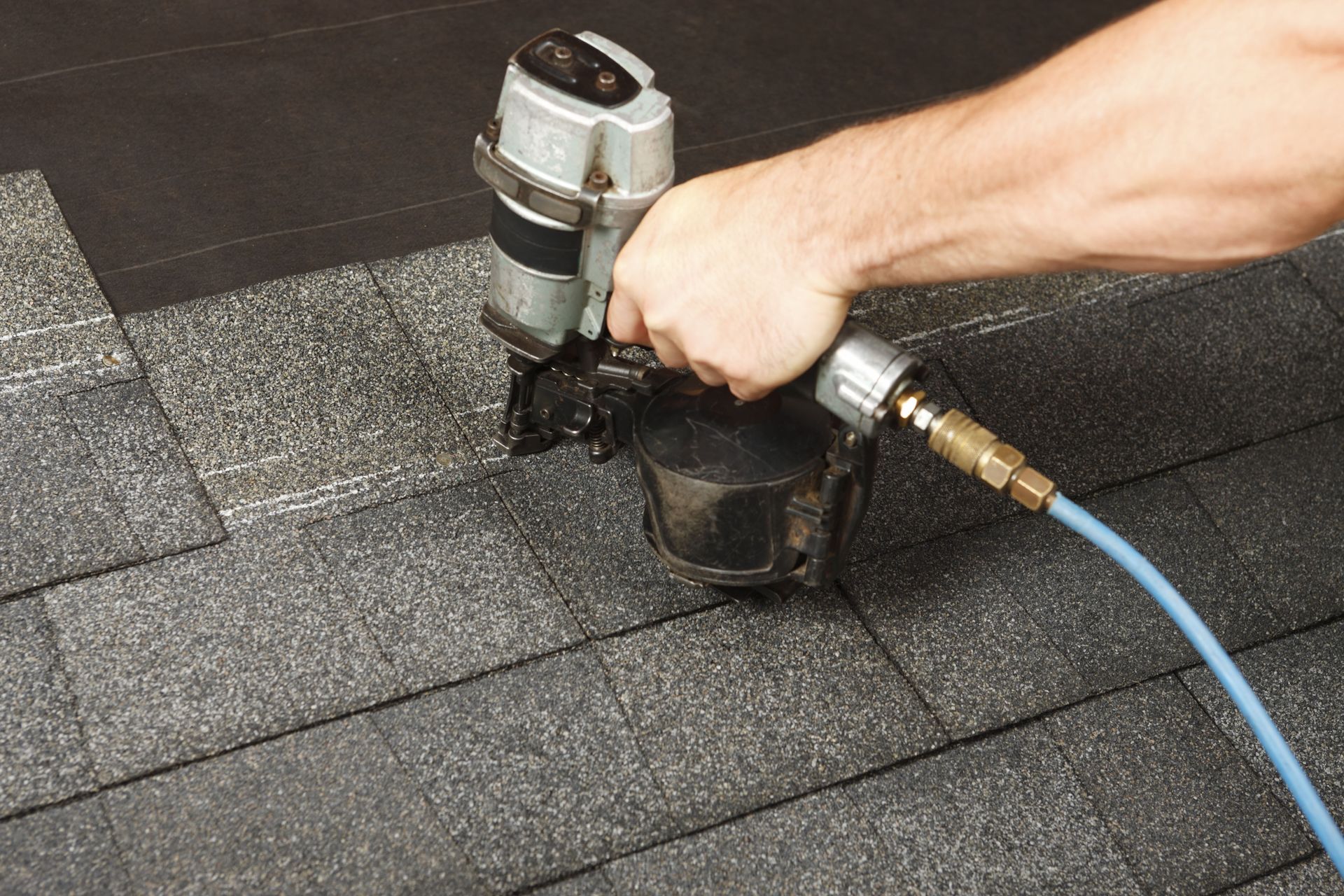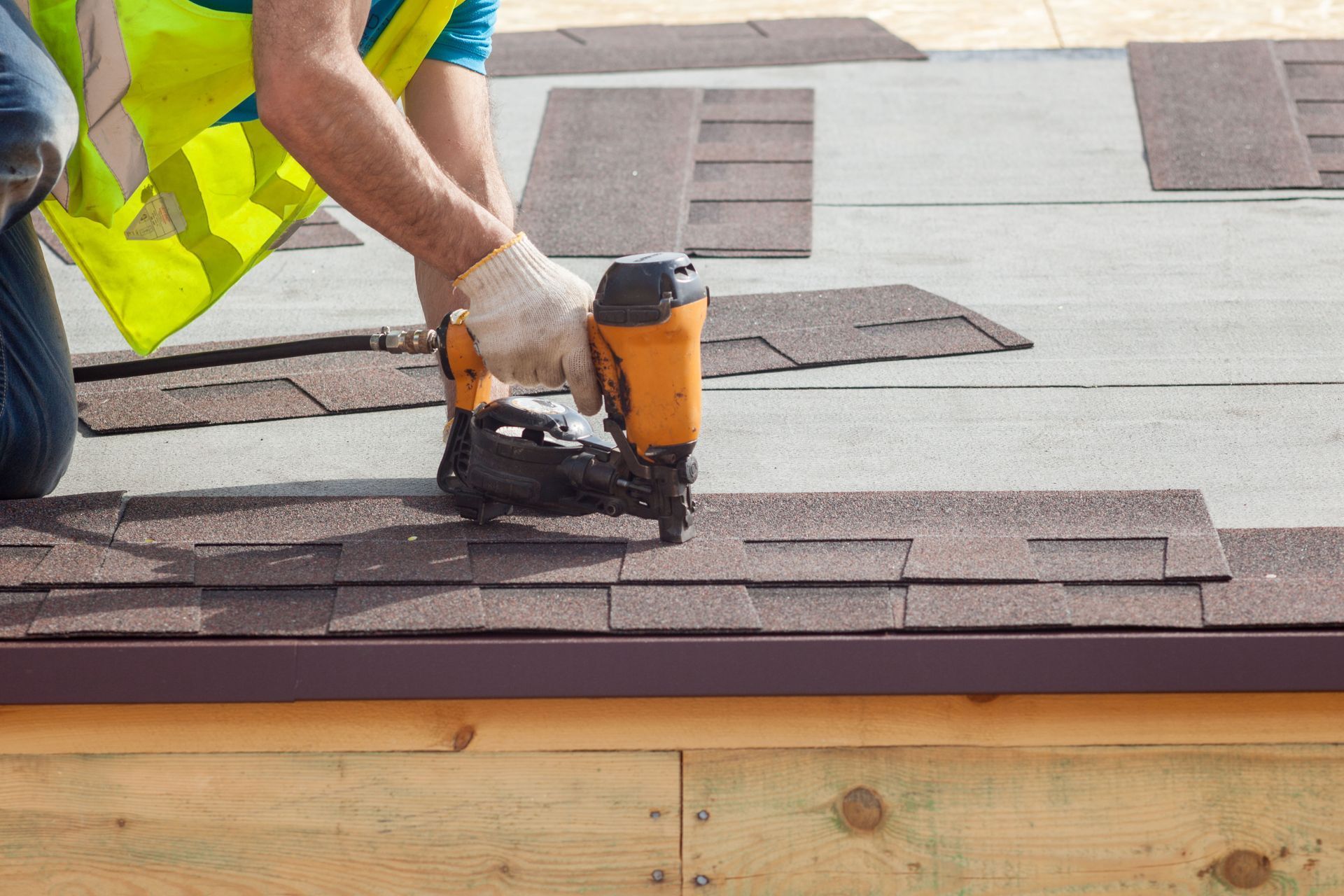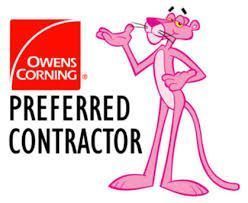How Do I Choose a Reputable Roofing Contractor?
June 28, 2025
June 28, 2025
Highlights
- Start local : Choose contractors with strong reputations in your area and familiarity with local codes and climate.
- Verify credentials : Ensure they have proper licensing, insurance, and manufacturer certifications.
- Get written estimates : Compare at least three detailed, itemised quotes to understand scope and value.
- Prioritize communication : Look for contractors who are responsive, transparent, and willing to answer all questions.
- Understand warranties & cleanup : Confirm both workmanship and material warranties, and ensure thorough cleanup is included.
- Watch for red flags : Avoid anyone pushing for quick signatures, offering suspiciously low bids, or lacking verifiable credentials.
Start With Local Research
Check Licenses, Insurance & Certifications
Request Detailed, Written Estimates
Evaluate Professionalism & Communication
Review the contract carefully. It should specify start and completion dates, exact materials, cost breakdown, payment terms, and procedures for unexpected changes or delays. Avoid contractors who are vague or push for a signature before you’re ready. Clear communication is the foundation of a successful roofing experience.
Warranties & Site Cleanup
Watch for Red Flags
Reputable contractors like Nail'Em Down Roofing in Greensburg, PA have earned strong reputations by consistently meeting customer expectations. They focus on clear communication, proper licensing, and professional installation. Their long-standing presence and positive feedback make them a standout choice in the region.
Questions to Ask Before Hiring
Also ask how unforeseen issues are handled. If damaged sheathing is discovered, will they notify you before proceeding? A reputable contractor will walk you through how they handle changes in scope and make you feel comfortable with the decision-making process. Clear answers help prevent confusion once the work begins.
Selecting a roofing contractor is about more than price. Look for licensing, insurance, transparency, communication, and a local track record of excellence. Each of these factors plays a role in how smoothly your project will go. If you're in Greensburg, PA, and need guidance, simply ask someone who’s recently had work done.
In the end, a roof is a significant investment and deserves serious attention. Take the time to evaluate your options, check references, and understand the full scope of the project. A reputable contractor will welcome your questions and provide thorough answers that inspire confidence. With the right team in place, your roofing project can be completed efficiently, safely, and to a high standard of quality.
Don’t hesitate to schedule a consultation with more than one roofing company to compare approaches. How they inspect your current roof and present solutions can reveal a lot about their professionalism. Ask follow-up questions, check timelines, and evaluate how each company tailors their recommendations to your needs. These extra steps can make a big difference in long-term satisfaction.
In the end, a roof is a significant investment and deserves serious attention. Take the time to evaluate your options, check references, and understand the full scope of the project. A reputable contractor will welcome your questions and provide thorough answers that inspire confidence. With the right team in place, your roofing project can be completed efficiently, safely, and to a high standard of quality.
Don’t hesitate to schedule a consultation with more than one roofing company to compare approaches. How they inspect your current roof and present solutions can reveal a lot about their professionalism. Ask follow-up questions, check timelines, and evaluate how each company tailors their recommendations to your needs. These extra steps can make a big difference in long-term satisfaction.






